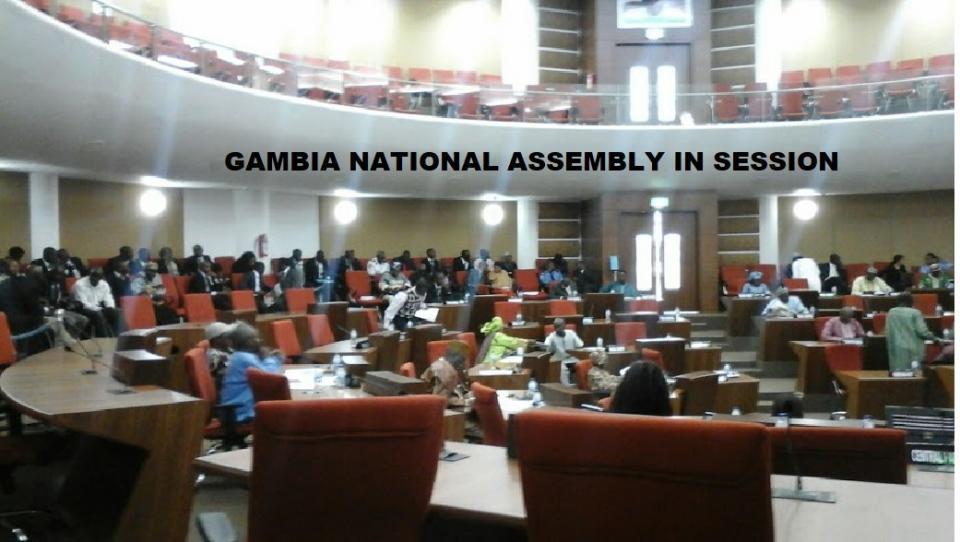Africa-Press – Gambia. The parliament has begun inquiry to uncovered how fictitious policy directives from the Ministry of Petroleum and Energy were used to grant an unregistered foreign oil company, Apogee FZC, unusual access to The Gambia’s fuel storage facilities bypassing normal licensing rules and side-lining local operators.
The Joint Committee of Finance and Public Accounts (FPAC) and the Public Enterprises Committee (PEC) reported that between July and October 2023, a series of policy letters were circulated by the ministry, allowing international oil traders to store and lift petroleum products directly from the national depot. This practice departed from established norms, which require only licensed Oil Marketing Companies (OMCs) to apply for ullage space.
Testimony from the current and former permanent secretaries revealed that letters dated 3rd July, 14th September, and 30th October 2023 had policy references and instructions to Gam Petroleum and other key players to open depot access to international traders. However, when asked by lawmakers to produce the official policy document, the ministry could not provide any evidence that such a policy ever existed or was approved by cabinet.
The committee concluded that the so-called “new policy” was fictitious, noting that the lack of cabinet scrutiny violated standard procedures for ministerial policies that affect multiple sectors and revenue streams.
According to the report, the fabricated policy letters directly benefited Apogee FZC, which was granted ullage space and subsequently sold over 36,935 metric tonnes of petroleum products valued at $30 million despite not being registered or licensed by the Public Utilities Regulatory Authority (PURA) to trade in oil locally.
The committee found that this special access enabled Apogee to dominate the market, forcing local OMCs to buy fuel from the foreign trader instead of importing it themselves. Lawmakers said this undermined fair trade and exposed systemic weaknesses in policy oversight.
The Joint Committee has called for a full review of how the policy letters were drafted, approved and communicated, and recommended new safeguards to prevent the misuse of government directives for private gain.
For More News And Analysis About Gambia Follow Africa-Press






